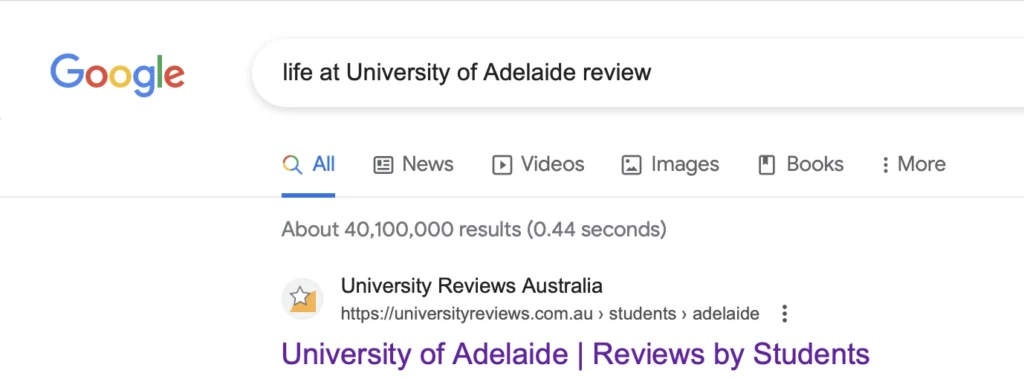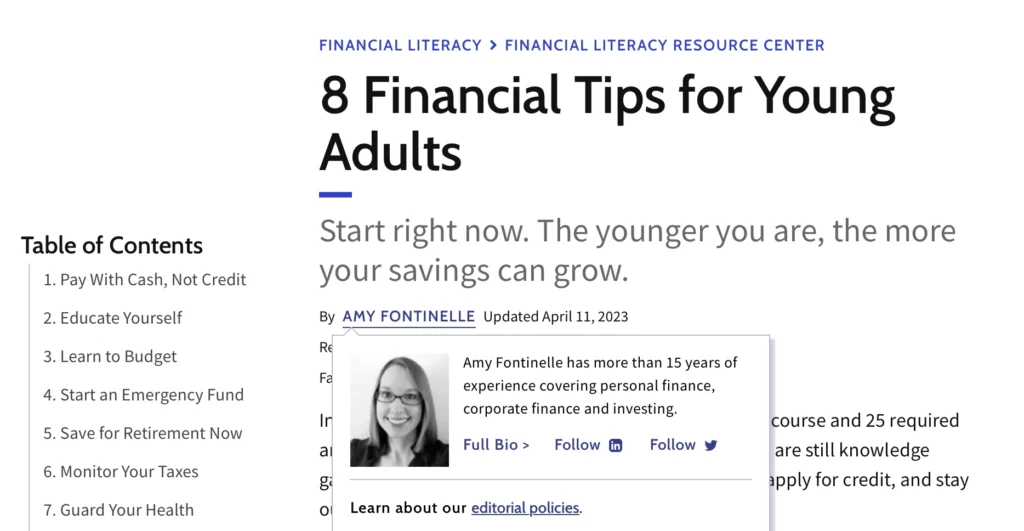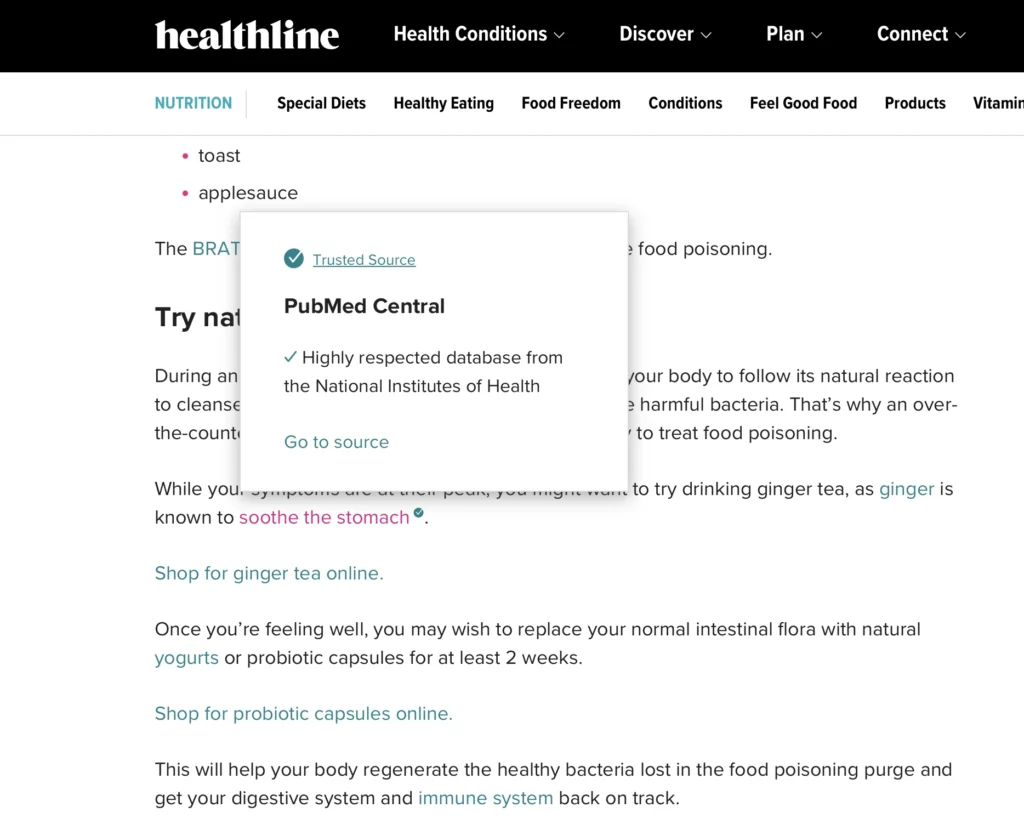When you search something on Google for plants that can survive hot weather, it’s not random pages that have the exact words that you are looking for, there are many criteria that Google utilizes to justify if the content is best for you or not. The website that appears on your search results should be from someone who knows about plants or studies about it.
It would not benefit both users and Google if a site that has no qualification appears at the top of the search list providing false information or not backed with research. One of the tools that Google uses is called EEAT. Let’s take a look at what it is and how Google uses it to determine whether a website passes the EEAT tool.
What is EEAT? How does it help SEO?
When you search something on Google, it’s not random pages that have exact words that you are looking for, there are many criteria to justify if the content is best for you and one of them is EEAT. EEAT is a factor created by Google as a standard for if the website is qualified to be displayed in search results or not. By focusing on EEAT, you can improve the overall quality of your website as well as help boost page rankings in Google search results.
However, it’s important to note that EEAT is just one of many factors that Google uses to evaluate web pages, so it should be part of a broader SEO strategy that includes other tactics such as keyword research, content optimization, and other technical SEO.
Google just announced a new E factor from its E-A-T and here is what Google’s E-E-A-T stands for:
- Experience
- Expertise
- Authoritativeness
- Trustworthiness
Experience
Experience comes from site that provides unique, hands-on, authentic experience on that topic will likely be shown in the index. It may suggest that the writer may have tested or experienced that topic with personal opinion or with insights therefore having a good chance that it will help users.
An example of this criteria is a post review of a product or a hotel. If a user is looking for a review for a certain hotel, having unique experiences may give you a higher chance to be on the search index. Or if a student is looking up how life in a certain university is like, pages that share experiences of being a student at that college are likely to appear on Search Result Pages.

Here is a search result when asked about life at University of Adelaide. The first one that comes up is a website where students there write down brief reviews on classes taught and life in general.
Expertise
Expertise determines the knowledge of the writer or credentials of the content. Google’s Search Quality determines whether the author is qualified for that topic or not.
What it means is that you don’t want someone who has no degree or certification on medical services to be giving you advice on what pills you should take if you are having a fever and a stomach ache at the same time. It’s the same with this process. Another simple example is financial advice. You wouldn’t want someone unqualified to be giving financial advice to you. Google analyzes whether the author of this page is qualified or not and chooses those industry experts with credentials. Pages with more Expertise will be more likely shown on the result page.

It can be seen here that the author that wrote this article in Investopedia has more than 15 years of experience in personal and corporate finance. This helps ensure that the thing that users are going to read is written by someone who is an expert in this field.
Authoritativeness

Google aims to provide users with the most relevant and trustworthy information possible, so it prioritizes web pages that are considered authoritative and reliable sources of information. This factor takes time to develop and needs to be taken seriously.
Authoritativeness comes from having a fair amount of backlinks (how many websites link back to you), receiving good reviews from users or customers, and having high traffic to gain organic search. It also takes records of how reputable your site is so it means that popular and renown websites will appear more than smaller and newer sites.
The content on the website should also be in high quality, well and thoroughly researched, and provide value to the user. It should also be regularly updated to reflect new developments and changes in the industry the topic is based upon. User metrics such as time spent on the website, bounce rates, and social media shares can indicate that the website is providing valuable information to users and is therefore considered authoritative.
Trustworthiness
Trustworthiness is basically Google analyzing whether your content can be trusted or not. It can be using a reputable source to support your page or making your brand known for that category especially if your site is new. Backlinks can also help make the website more credible. The reason why using trusted information is essential in SEO is because it enhances the image of how the website is perceived. Including sources that are backed with research will make Google bot think that the site is good enough, especially YMYL (Your Money Your Life) pages.
YMYL pages refer to pages that have real-world effects on user’s safety, health, sustainability. These pages require highly trusted sources backed with qualified authors supporting as well as profession in that field. YMYL pages are for example, a financial advising company, health care, food science. If these YMYL pages are not EEAT qualified (having all the factors mentioned above to a certain amount) are shown on the result page, it may harm users with misinformation leading to negative results.

In this article of ‘What to Eat After Food Poisoning’, the article uses a highly respected database from the National Institutes of Health to confirm their content making this page likely appear on the search list when people search what to eat after their food poisoning.
Conclusion
All in all when you search on Google, it’s not just random pages that come up, as there are many criteria that determine whether the content is relevant and useful to the user. One of these criteria is EEAT, which stands for Experience, Expertise, Authoritativeness, and Trustworthiness. Focusing on E-E-A-T can help improve the quality of a website and boost its rankings in search results and is highly recommended that websites especially YMYL (Your Money Your Life) site apply EEAT.
However, it’s important to note that EEAT is just one of many factors that Google uses to evaluate web pages, so it should be part of a broader SEO strategy that includes other tactics.
Yes Web Design Studio
Tel. : 096-879-5445
LINE : @yeswebdesign
E-mail : info@yeswebdesignstudio.com
Facebook : Yes Web Design Studio I Web Design Company Bangkok
Instagram : yeswebdesign_bkk
Address : 17th Floor, Wittayakit Building, Phayathai Rd, Wang Mai, Pathum Wan, Bangkok 10330 (BTS SIAM STATION)








